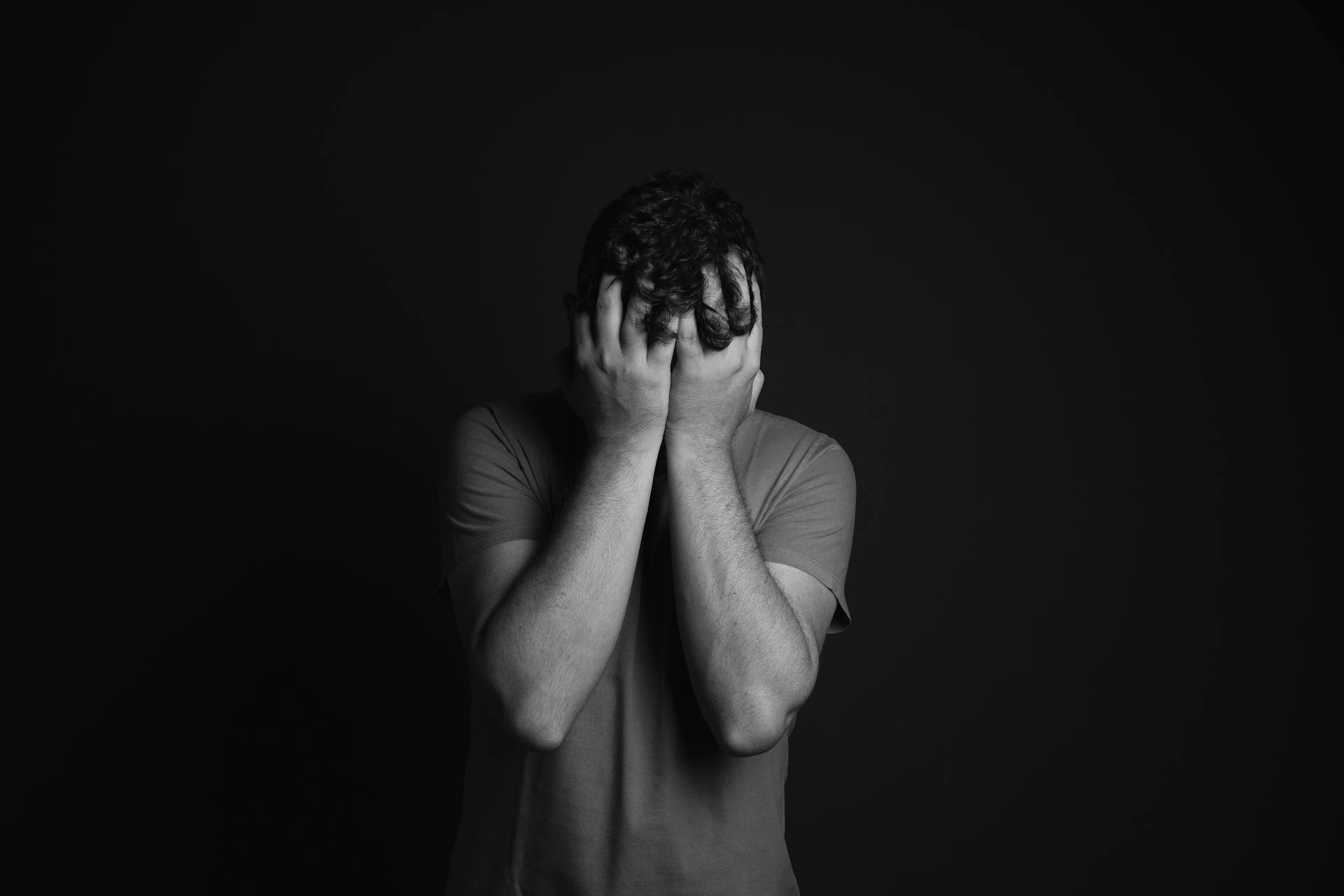


It begins quietly. A private habit. A simple way to manage stress or loneliness. Or maybe just to fill empty time, or feel good. Yet, you find yourself turning to pornography more than you intend to, and soon, what felt like a choice starts to feel like a need.
A private habit can grow into a source of internal conflict, creating a noticeable gap between your actions and your values. This pattern, where control feels lost and use becomes compulsive, is a real and challenging experience for many.
When problematic porn use starts to impact your life, turning to therapy for porn addiction can genuinely help. It might feel intimidating and shameful to do so, but know that asking for help when you need it is a sign of immense strength.
Porn addiction therapy is professional support focused on teaching you the tools to understand the behaviour and build a healthier path forward.
While "porn addiction" is a commonly used term, mental health professionals often refer to it as a form of compulsive sexual behaviour or problematic pornography use.
This reframing is important. It shifts the focus from a moral issue to a behavioural one. The core problem is a loss of control over intense sexual urges, leading to repetitive actions that have negative consequences.
The World Health Organization defines Compulsive Sexual Behaviour Disorder as a persistent pattern of failing to control these urges, resulting in sexual behaviour becoming a central focus of the person's life. This behaviour continues despite adverse outcomes or deriving little to no satisfaction from it.
Compulsive sexual behaviour disorder is not about how much pornography someone watches, but rather the loss of control and the negative impact it has on their life.
Compulsive sexual behaviour can manifest in different ways for different people. It's a pattern that builds over time. Do any of the following signs feel familiar to you or someone you care about?
Porn addiction isn't something you just wake up to one morning,
How can you tell when pornography use has crossed the line from casual to compulsive?
The best way to make sure is to speak to a psychologist who specializes in problematic sexual interests and behaviours.
However, if, in the past 6 months, you've noticed any of the following either in yourself or a loved one, it can indicate a problem.
If these patterns feel familiar and are causing you personal distress, it may be time to get support. Don't wait for a crisis! Act when you recognize that you want to make a change for the better.
At our practice, we are ready to help you understand these challenges in a safe, confidential setting.
Taking back control from compulsive behaviours involves developing new habits and coping mechanisms. We're not saying you should completely overhaul your life. Start with small, intentional actions.
These tools can help you build a foundation for change.
Porn addiction therapy is a collaborative, non-judgmental process designed to help you regain control. It provides a confidential space to explore the function of the behaviour and develop effective strategies to change it. As an online practice with experience in both clinical and forensic psychology, we understand the complexities of treating compulsive sexual behaviours.
A therapy session is a structured conversation focused on your goals. We typically use Cognitive Behavioural Therapy (CBT), a well-researched approach that is effective for modifying problematic habits.
In a session focused on porn addiction therapy, we might:
Reaching out for help to control compulsive behaviours is an immense step, and you should be proud for doing it.
When you're ready, we're here for you. Together, we'll find a better path forward for you.
Disclaimer: This blog post is intended for educational purposes only and is not a substitute for professional mental healthcare advice. Always consult a qualified healthcare provider before starting any new medication or therapy. Dr. Kate Hamilton is not responsible for any injuries or damages resulting from using the information provided in this post.
